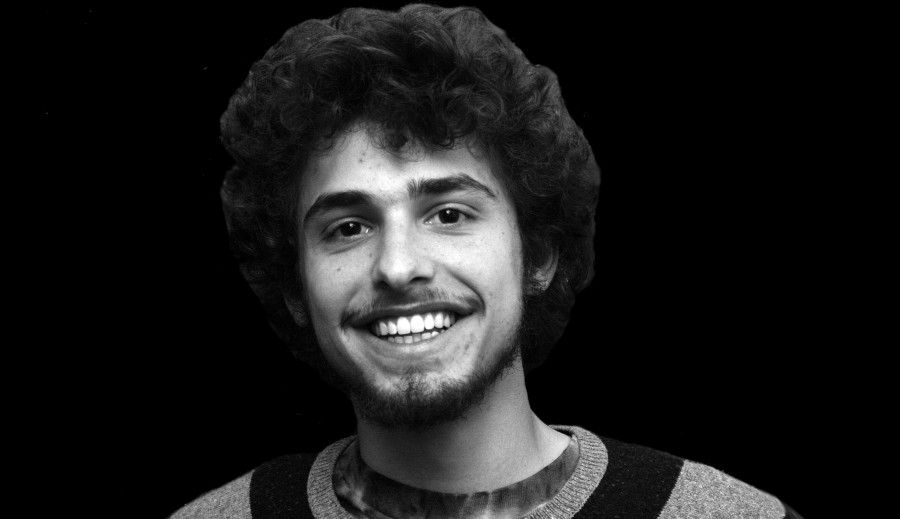If you were at any parade over the Mardi Gras season, you saw first hand the people’s discontent with the ex-mayor of New Orleans, C. Ray Nagin. For a man that was democratically elected twice, he was not very popular.
How does this happen? Why did the majority say yes to Nagin and then publicly critique his incompetence? One reason is that people simply don’t pay attention when they vote. For most, it is just a matter of what name they have heard before. This gives incumbents an incredible advantage even when they have done a bad job.
When it comes to Mardi Gras kings, it doesn’t quite matter who it is, as long as he can wear the suit and wave. However, mayors are a bit of a different story. When power is added into the equation, having just anybody up there wearing the suit and waving becomes problematic.
Krewe De Vieux’s depictions of Nagin as the devil let everyone know exactly how the Krewe felt about the situation. A plastic foam tombstone with the words “Public Trust” may be the most inspiring message to come out of the Carnival season.
To bring this closer to home, let’s consider our own Student Government Association. Elections are about to begin, and despite the impressive sounding titles like SGA President and SGA Chief of Staff, many of us won’t actually look into the candidates we will elect to those positions. We will just vote for friends and friends of friends and if all else fails people whose names we think we have heard before.
After all, what impact does the SGA have? The answer is actually quite a bit.
All of the student organizations on campus operate through SGA. This means that all budget allocations must pass through their hands. If you have any involvement in any student club, then you are directly affected by SGA.
For those not in clubs, SGA provides the New York Times and the USA Today everyday, has completed various beautification projects such as the garden in the Monroe Quad, offers the Richard Frank research grant, runs the Wolves on the Prowl service project and will even pay for your first higher education test (MCAT, LSAT, etc.).
More importantly, however, SGA is supposed to act as the liaison between the students and the faculty.
SGA, in its role as a liaison, is your voice and you owe it to yourself to actually look into the candidates. Ask yourself: are they going to actually do the job or are they just looking for resume fluff?
Unlike the city of New Orleans, when we elect poorly the school won’t simply fall apart, but perhaps that is the problem. Because administration and the board of trustees safeguard the school when we elect bad SGA officers, we don’t necessarily see it.
They are in effect counterfactuals. However, when we elect good officers, the results can be seen on all levels of life at Loyola. Because of this, it is important that we elect good officers. Let’s make the answer to the question, “is SGA doing anything?” yes.
Vote, and more importantly, be an informed voter.
Zack Lombardo can be reached at [email protected]







